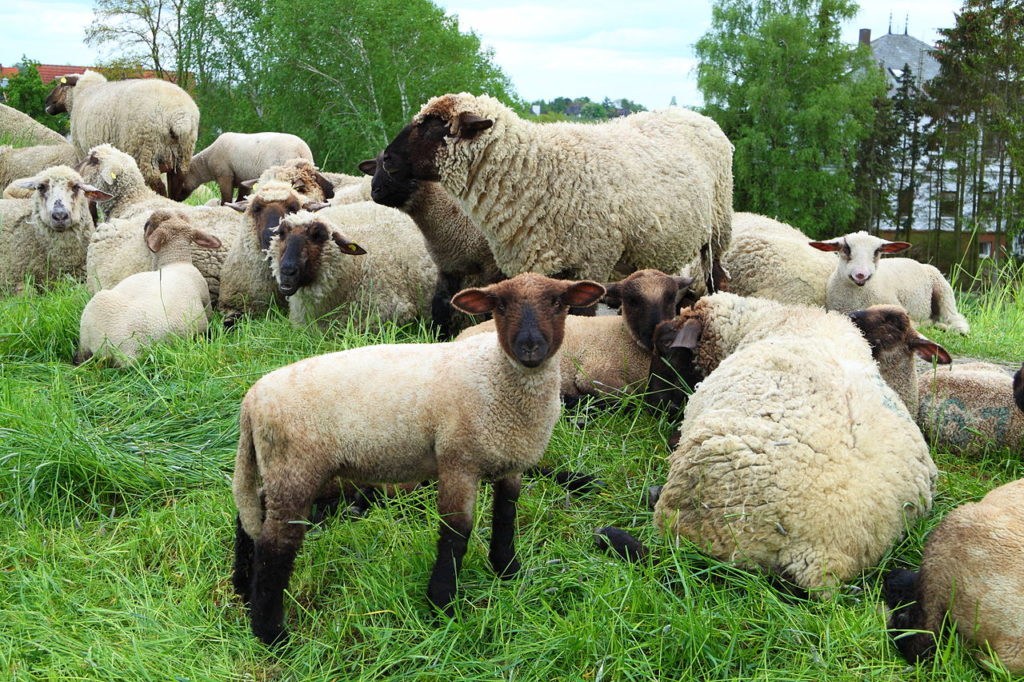The Flemish minister for animal welfare, Ben Weyts (N-VA) said he is “fundamentally in disagreement” with the opinion handed down yesterday by the advocate-general of the European Court of Justice, declaring a Flemish ban on ritual slaughter illegal.
Flanders has banned all instances of animals being slaughtered without stunning since 2017, including the ritual slaughter carried out in the Jewish and Islamic religions.
Weyts sees it as an issue of animal welfare. The advocate-general sees it as an offence against the derogation allowed in EU law for religious practices.
Whether the opinion will be followed by the full court remains to be seen. The court follows the advocate-general’s opinion in a majority of cases, but in an individual case their agreement cannot be considered a certainty.
Whatever that final result may be, Weyts said, Flanders will fight on.
“We live in a democratic constitutional state. It is no coincidence that the word 'democratic' comes first,” he said. And he pointed to the broad support his measure had received from the Flemish parliament, as well as the public.
The European Law has animal welfare, even in the circumstances of a slaughterhouse, as its main aim, the advocate-general said. But at the same time, its concerns must take account of the religious persuasions of two main communities – Jewish and Muslim, whose beliefs are in conflict with the general rules, but which for social reasons have to be respected.
Nothing about the derogation for religious reasons puts at risk the welfare of other animals, the law says. The meat from animals slaughtered ritually is expressly forbidden from entering the common food market.
“For me, religious freedom never can grant a license to kill,” Weyts said.
“The advocate-general says that slaughter without stunning is at the heart of religious practice, while in many Islamic countries sedation before slaughter is widely practiced.”
The question came before the European Court because of a case brought by religious groups to the Constitutional Court of Belgium, asking if the ban did not infringe the constitutional freedom of religion.
If the European Court agrees with its advocate-general, that ruling will be passed to the Constitutional Court, which than has no option but to declare the ban on ritual slaughter unlawful.
But Weyts is not finished yet.
“As the Flemish minister for animal welfare, I will do everything I can to enforce our ban on slaughter without stunning. By any means possible,” he said.
“With every possible means. We will not give in.”
Alan Hope
The Brussels Times

